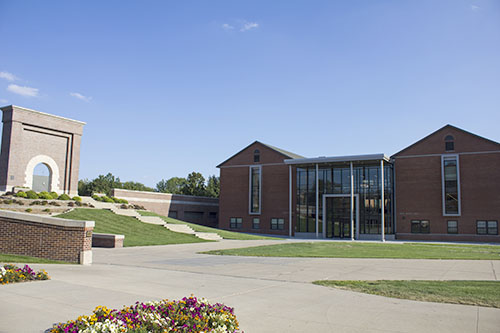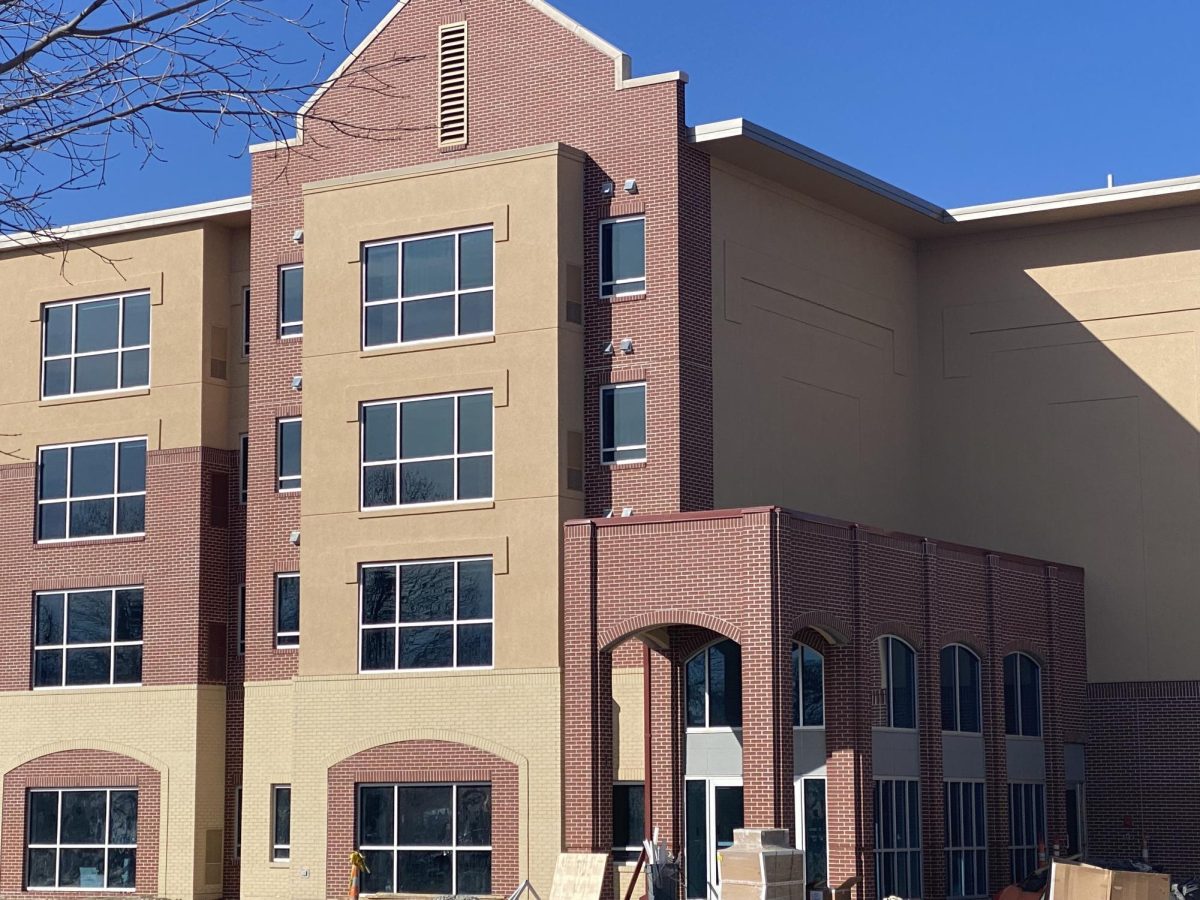Not an Absolute: First Amendment Expression at Buena Vista University

December 7, 2018
As centers for personal growth and the exchange of ideas, universities have traditionally served as bastions of self-expression. Private universities however, as non-government entities, are under no legal obligation to protect the rights guaranteed under the First Amendment, which has frequently led to administration censorship of student expression on private campuses across the nation. The series of op-eds I’ve written this week have focused on specific first amendment freedoms that face frequent censorship on private campuses: specifically the freedoms of the press and speech. For my final op-ed, I want to focus more on the state of the First Amendment at Buena Vista University.
Understanding the policies that govern a campus is always an important goal, but it is doubly so when it comes to protecting free expression. While the administration of a private campus is under no obligation to uphold the freedoms of the First Amendment, there is a very real and legal obligation to uphold the rights and freedoms outlined in the policies of a campus. Several court cases, such as those looked at in a 2016 Student Press Law Center article, have established support for student rights to what they are promised by an administration: since students pay money in exchange for a product, in this case education, the information laid out in brochures and student handbook policies to attract students become a contract of sorts. Administrations that violate this contract by ignoring the legal processes laid out in their policies can be sued legally under the argument that they have failed to uphold their end of a bargain.
Where this applies to first amendment rights is in the administration policies that outline students’ rights to free expression. Adam Goldstein, the attorney advocate for the Student Press Law Center, argues that if one party relies on the reasonable promises of another party, and the second party fails to uphold those promises or actively violates them, the injured party is entitled to compensation. However, the courts have been divided on the issue. While some have ruled against universities, citing contract law, others have struggled to determine the weight of the promises made by administrations.
The policies of Buena Vista University have always reflected a deep-seated support of First Amendment rights for both faculty and students. BVU’s Faculty Handbook outlines support for faculty rights to free expression in and out of the classroom, caveated by their positions as university representatives:
“When they speak or write as citizens, they should be free from institutional censorship or discipline, but their special position in the community imposes special obligations. As scholars and educational officers, they should remember that the public may judge their profession and their institution by their utterances. Hence, they should at all times be accurate, should exercise appropriate restraint, should show respect for the opinions of others, and should make every effort to indicate that they are not speaking for the institution.”
The Student Handbook is more direct in its promises, declaring that, “Buena Vista University students are encouraged to speak freely, to assemble peacefully and to petition. They may expect freedom from personal force and violence, threats of violence and personal abuse.” This promise is restricted somewhat by BVU’s expectation of respect for others:
“At BVU, the student’s academic and social freedoms are largely unrestricted — until the choices made begin to interfere with the freedom and rights of other members of the campus community . . . Believing in this concept, Buena Vista University will protect freedom of action and freedom of speech for students, so long as it is not demeaning in nature, is truthful and accurate, and does not interfere with the students’ living and learning environment.”
Some policies outline protections of specific first amendment rights, such as the freedom of the student press:
“The student press, television and radio station enjoy reasonable editorial freedom. This freedom carries with it the obligation to operate responsibly according to journalistic and broadcast ethics, consistent with the University’s mission and any applicable legal regulations. Student editors and managers will not be suspended because of student, faculty, administration, alumni or community disapproval of reasonable editorial policy or content.
Other policies outline specific situations in which the administration may censor certain rights, such as freedom of speech and of inviting speech:
“Students may invite and hear speakers of their choice on subjects of their choice, subject to the limitation that the University may withhold approval of an event or a speaker if holding such an event or providing a forum for the speaker is determined to be contrary to the mission of the University.”
Why does all of this matter? To the average student it might not; after all, BVU administration is unlikely to censor the everyday activities and expressions of students that do not violate specific policies. However, for those who wish to exercise the rights and freedoms granted to them by the First Amendment, understanding the rights and limitations of those freedoms outlined in the administration policy is important in being able to continue to make use of those freedoms. Campus administration has a vested interest in protecting the image of the school against the damaging representation of both students and faculty alike and can seek to censor actions deemed detrimental to the representation of the campus. BVU is, after all, a private institution, and therefore subject to changes in its policies that could at any time further limit the rights and freedoms of students. Only by understanding the current state of administration policy can students monitor changes in their rights and seek to speak out against those changes.
Universities are bastions of free expression and the exploration of new ideas and messages. Students should certainly seek to express themselves to convey their messages to others. However, it’s important to understand current administration policy to better protect the self against administration censorship by working within policy; alternatively, those who choose to operate outside of administration policy as part of a message should be aware of the potential ramifications of doing so. Students at Buena Vista University are afforded more Frist Amendment freedoms and protections than many other schools, and we can express ourselves near as freely as any student at a public school. I would simply encourage students to do so conscientiously. As private school students, we often walk a tight rope of administration approval; if you plan to die on a hill, make sure it’s a message you truly believe in.






